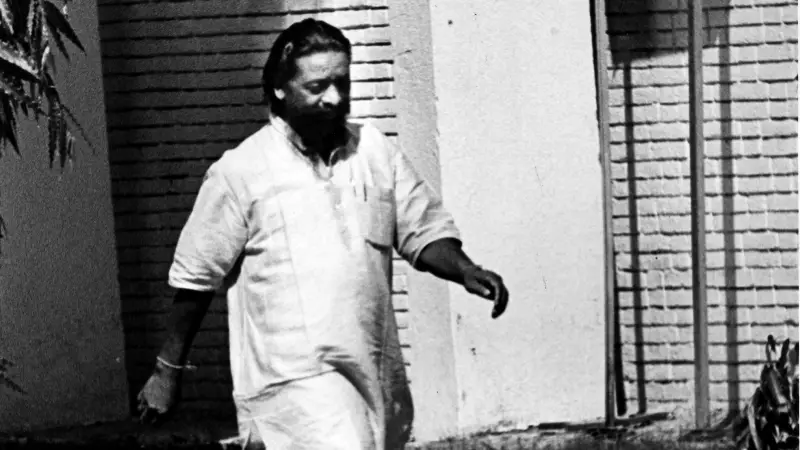
Jharkhand's Silver Jubilee: A Moment for Reflection, Not Just Celebration
On November 15, 2025, the state of Jharkhand officially stepped into its 25th year, a landmark silver jubilee. The grand celebrations at Morabadi ground in Ranchi were made profoundly symbolic as they also commemorated the 150th birth anniversary of Birsa Munda, the legendary icon of Adivasi resistance. However, beyond the spectacle of such anniversaries lies a deeper history and a set of promises that are still waiting to be fully realized. This foundation day is not just a point of pride but a crucial moment for remembrance and introspection.
The Long Arc of the Jharkhand Movement
The struggle for Jharkhand's identity stretches back far beyond its official formation on November 15, 2000. Its roots are embedded in centuries of Adivasi mobilizations against the diku, a term for exploitative outsiders. The movement found a concrete political voice with the formation of the Adivasi Mahasabha in 1938, which was powerfully shaped by the charismatic leadership of Jaipal Singh Munda. He championed a demand for autonomy that was not about separatism but about securing protection from predatory forces and ensuring dignity for marginalized communities.
After India's Independence, the Adivasi Mahasabha evolved into the Jharkhand Party in 1950. This strategic shift broadened the movement's base, uniting Adivasis with non-tribal natives who shared cultural ties and a common history of exploitation. The party's strong performance in the 1951 and 1957 general elections was a clear testament to the popular support for a separate state. Despite this, the State Reorganisation Commission of 1956 rejected the proposal, citing the lack of a linguistic basis, which led to a period of fracture and culminated in Singh's merger with the Congress in 1963.
A New Chapter: JMM and the Shift in Struggle
A significant resurgence began in 1973 with the formation of the Jharkhand Mukti Morcha (JMM) under the leadership of Shibu Soren, alongside communist leader A K Roy and Kudmi leader Binod Bihari Mahto. The JMM fundamentally shifted the movement's geography and imagination. The political epicenter moved from the traditional Adivasi heartlands to the industrial belts of Jamshedpur, Bokaro, and Dhanbad. Here, Adivasi identity became intertwined with the class struggles of mine workers and industrial laborers, infusing the movement with a powerful economic dimension.
This momentum was further amplified by the creation of the All Jharkhand Students Union (AJSU) in 1986 under Nirmal Mahto. Modeled partly on the All Assam Students Union, AJSU's assertive politics injected new energy and organizational strength, bringing a younger generation into the fold. During this period, the Bharatiya Janata Party also offered conditional support but reframed the demand as Vananchal, a relabeling that was widely resisted as it attempted to redefine the distinct Adivasi-centric regional identity.
25 Years Later: The Unfinished Struggle
After nearly 75 years of persistent struggle and sacrifice, Jharkhand was finally carved out as India's 28th state. While the state has made undeniable progress in areas like infrastructure, poverty reduction, and education, the core emancipatory vision of its founders remains only partially fulfilled. Stark structural challenges persist. Development-induced displacement continues to disrupt Adivasi communities, outmigration has reached alarming levels, and social tensions have intensified, notably in the conflict between Adivasis and Kudmis over Scheduled Tribe status.
Meanwhile, the very forces the movement sought to resist—exploitative capital, state heavy-handedness, and majoritarian cultural homogenization—appear more emboldened than ever. Adivasis continue to face daily humiliations through state institutions and dominant groups. The Jharkhandi identity, conceived as a safeguard for the marginalized, is struggling to live up to its original promise of a society built on dignity, justice, and equality.
As the silver jubilee festivities unfold, they serve as a mirror for the state. Jharkhand must find the courage to look into this mirror with honesty, recalling its leaders not as distant icons but as the persistent voices of an unfinished struggle. The occasion demands a return to the movement's core promise and a renewed commitment to completing the journey towards a truly empowered Jharkhand.






